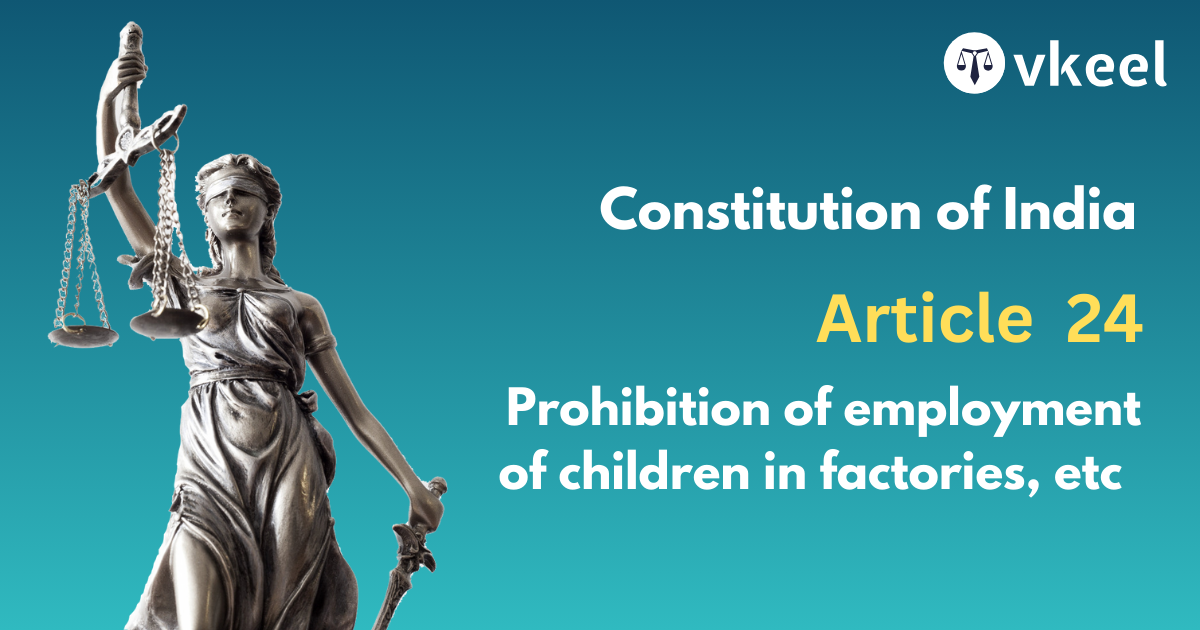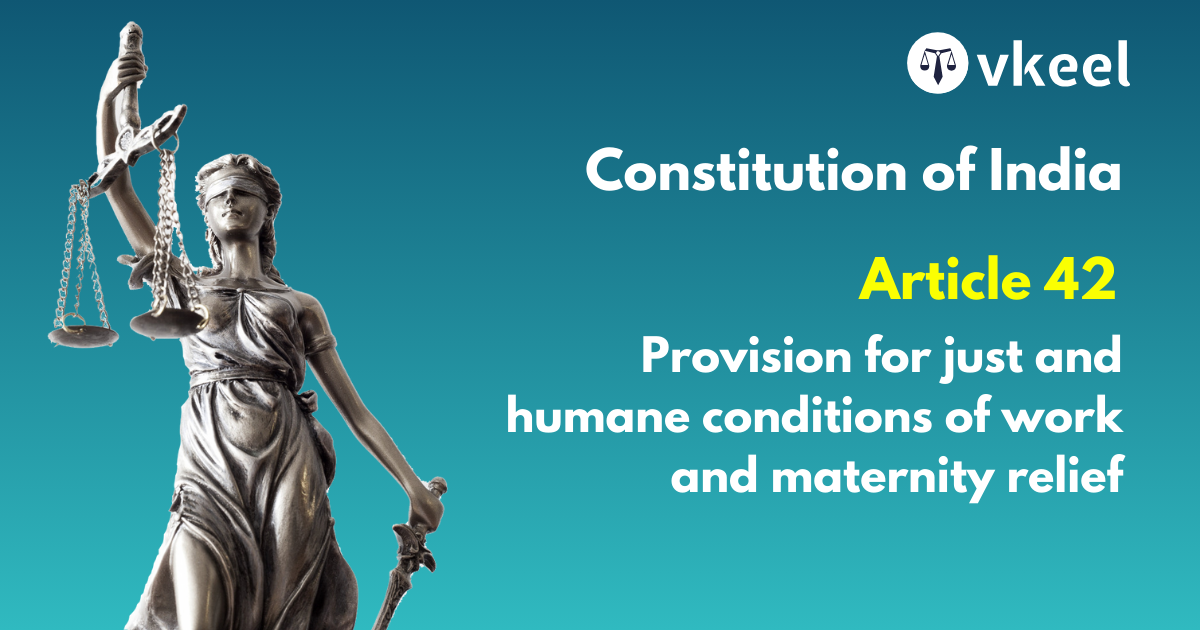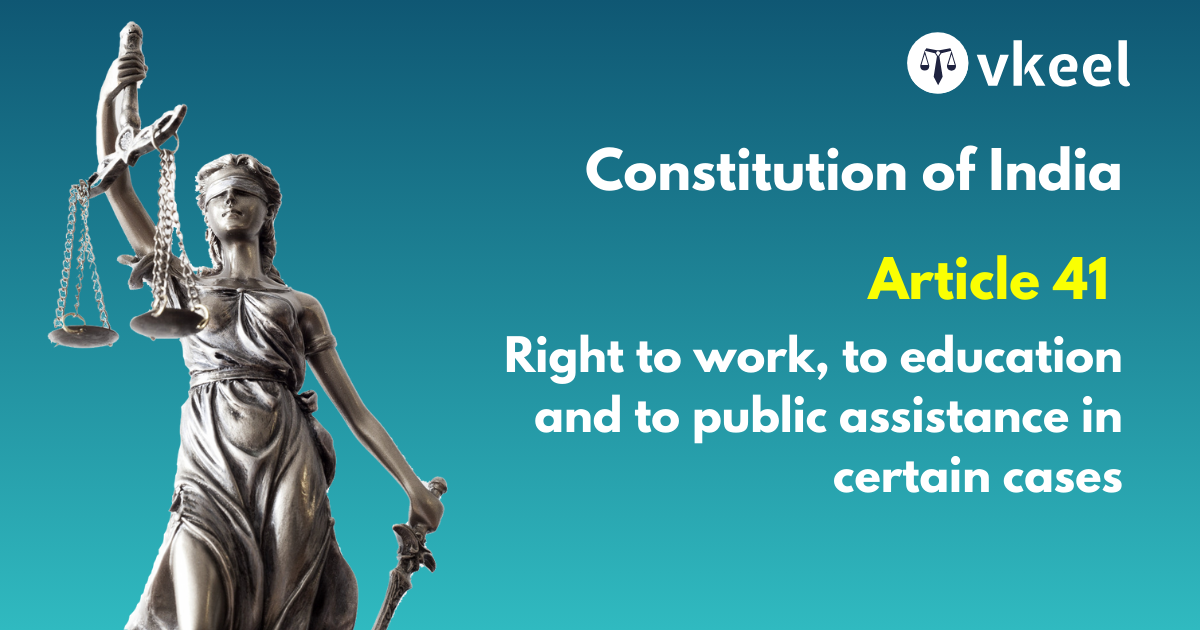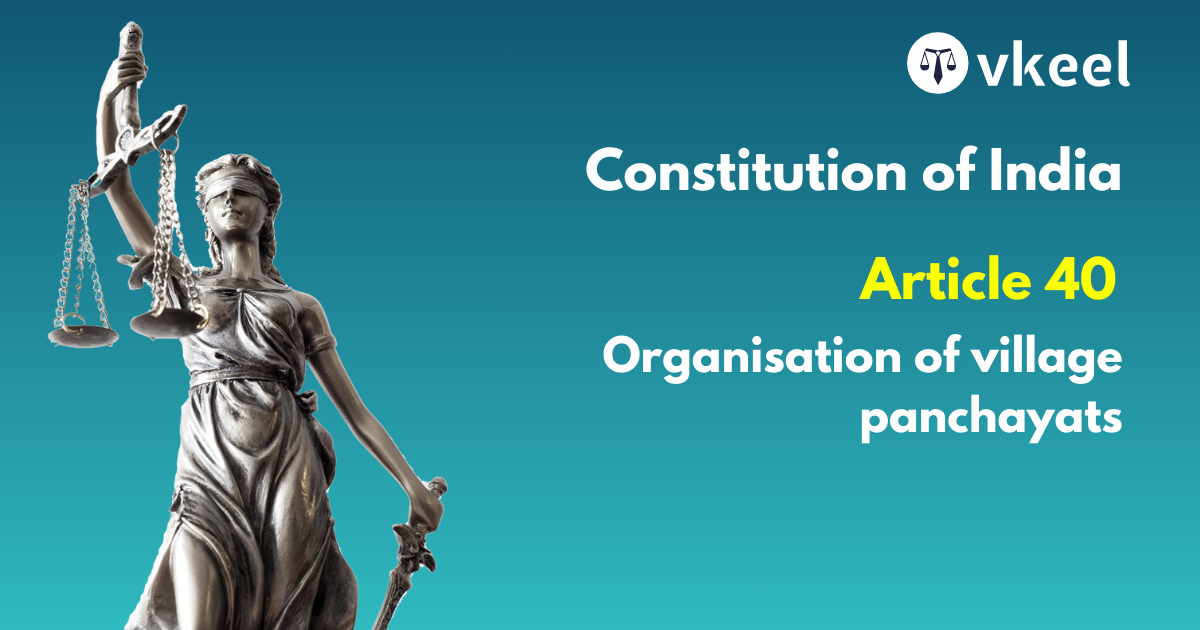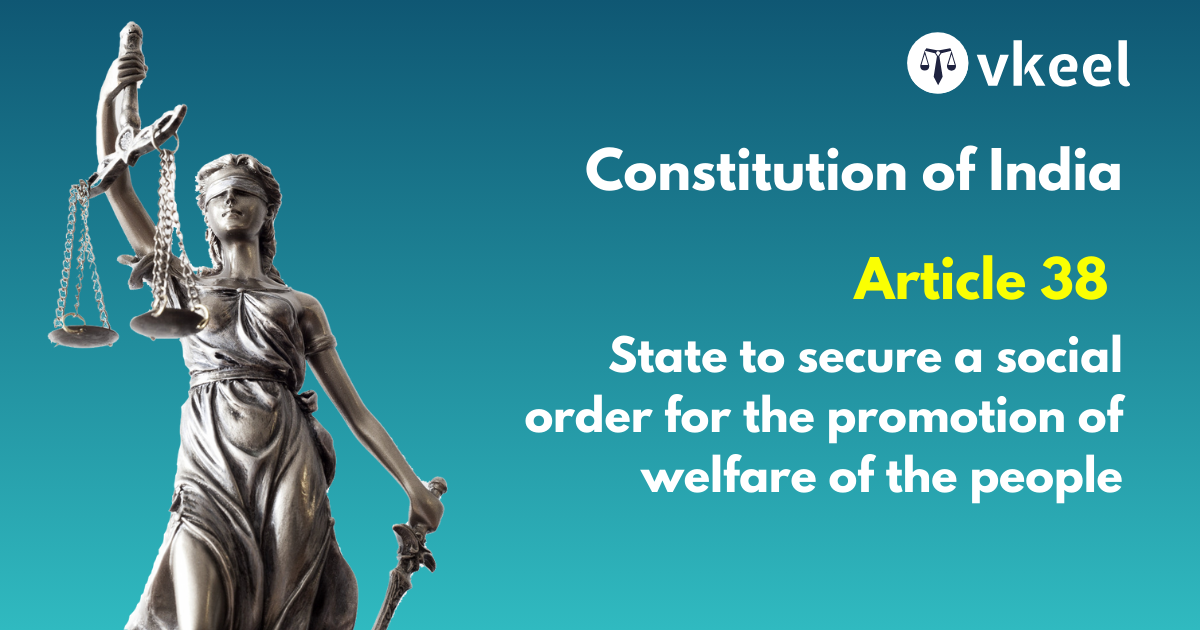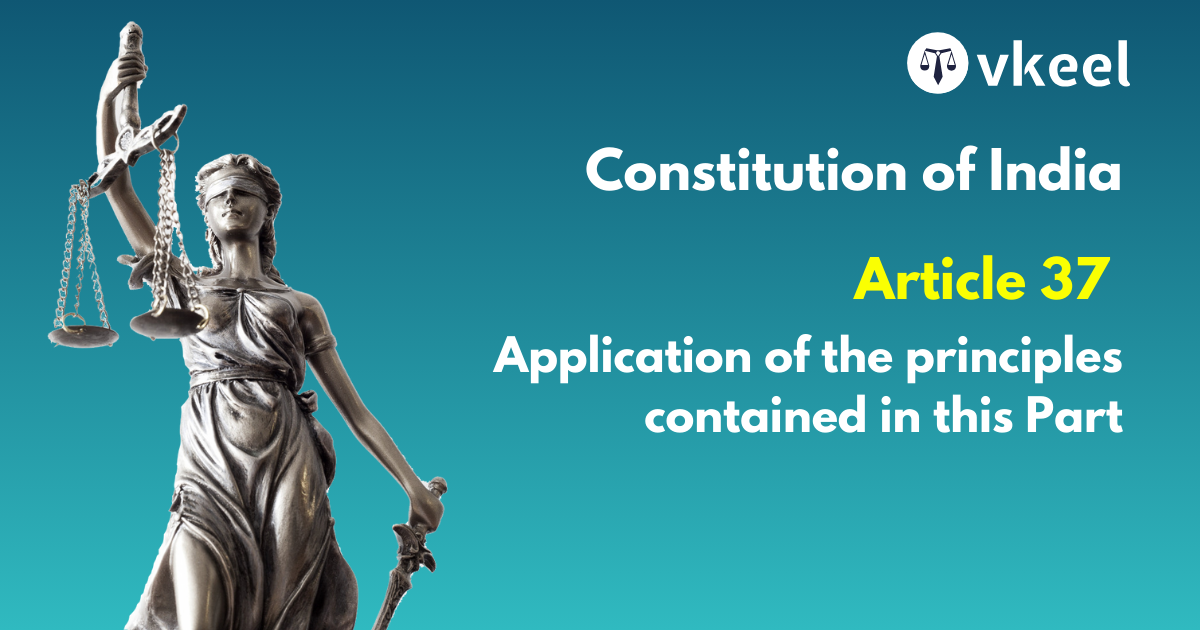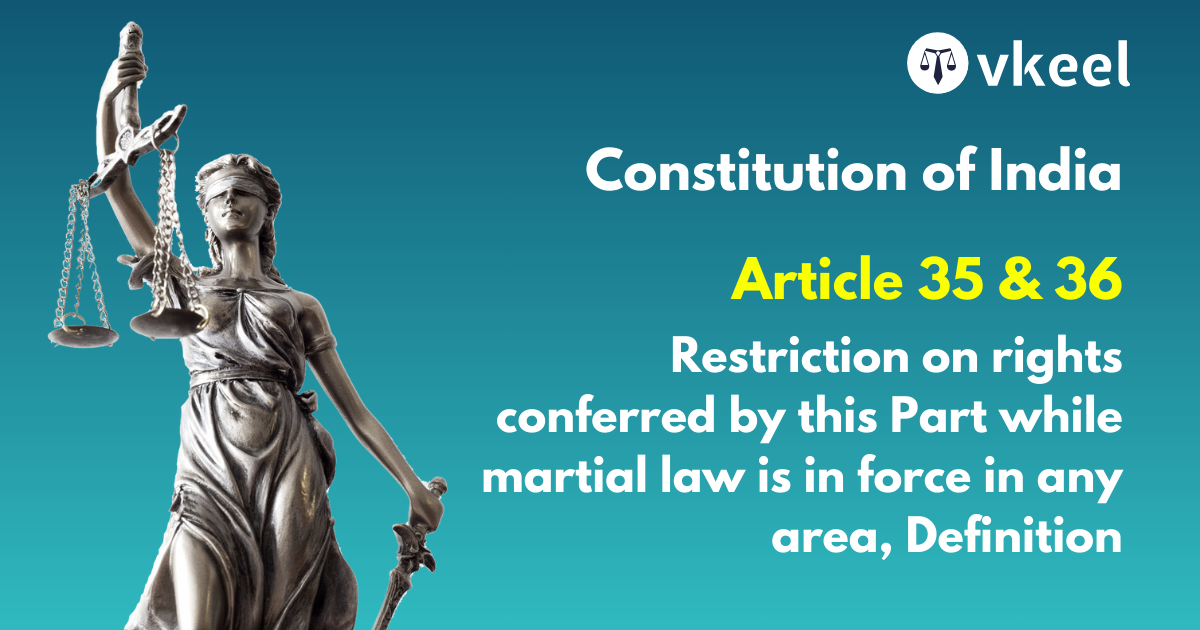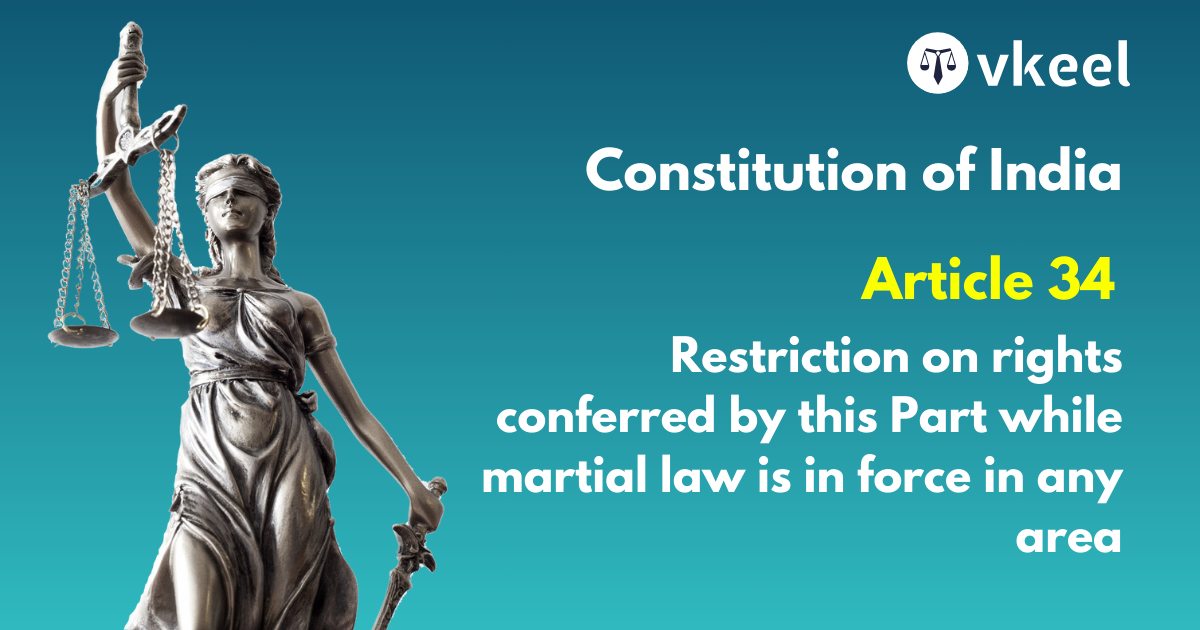Article 24 Prohibition of employment of children in factories, etc.
By Vanshika Saini
Table of Contents
Introduction
The Article 24 of the Indian Constitution aims to provide protection and safeguard the interest of the people against the exploitation that takes place in the workplace.
The fundamental and the basis of the aforesaid article of the Constitution of India is that no one shall be compelled by the state or any other private individual against his or her will, or to misuse the human power in any of the forms.
Article 24 further in its tone strictly prohibits the employment of the children below the age of 14 in factories or mines, or in any other hazardous jobs. This article in its very existence proves itself to be consistent with the fundamental rights and the concepts of human rights & United Nation’s norms.
In furtherance to fulfill the aim of the aforesaid article the Parliament of India passed the Child Labour (Prohibition and Regulation) Act, 1986 which with its birth replaced the former pre constitutional legislation of Employment of Children Act, 1939.
Article 24 of the Indian Constitution
Prohibition of employment of children in factories, etc.-
No child below the age of fourteen years shall be employed to work in any factory or mine or engaged in any other hazardous employment.
Judicial Interpretation
People’s Union for Democratic Rights Vs Union of India, 1982
Article 24 is a constitutional prohibition which, even if not followed up by appropriate legislation, must operate proprio vigore and construction work being plainly and and indubitably a hazardous employment. It is clear that by reason of this o constitutional prohibition, no child below the age of 14 years can be allowed to be engaged in construction work. There can therefore be no doubt that notwithstanding the absence of specification of construction industry in the Schedule to the Employment of Children Act, 1938, no child below the age of 14 years can be employed in construction work and the Union of India as also every State Government must ensure that this constitutional mandate is not violated in any part of the country.
MC Mehta Vs State of Tamil Nadu, 1991
Economic necessity forces grown up children to seek employment. Children can, therefore, be employed in the process of packing but packing should be done in an area away from the place of manufacture to avoid exposure to accident. Minimum wage for child labour should be fixed. The tender hands of the young workers are more suited to sorting out the manufactured product and process it for the purposes of packing. In consideration of their special adaptability at least 60 per cent of the prescribed minimum wage for an adult employee in the factories doing the same job should be given to them.
Indication of the minimum wage does not stand in the way of prescription of a higher rate if the State is satisfied that a higher rate is viable. It is necessary that special facilities for improving the quality of life of children should be provided. This would require facility for education, scope for recreation as also providing opportunity for socialization. Facility for general education as also job oriented education should be available and the school time should be so adjusted that employment is not affected. There should be instituted a Child Labour Rehabilitation Welfare Fund and the offending employer should be required to deposit Rs. 20,000 in that Fund.
The manufacturing process of matches and fireworks is hazardous one. Judicial notice can be taken of the fact that almost every year, notwithstanding improved techniques and special care taken, accidents including fatal cases occur. Working conditions in the match factories are such that they involve health hazards in normal course and apart from the special risk involved in the process of manufacturing, the adverse effect on health is a serious problem. Exposure of tender aged to these hazards requires special attention. Employment of children within the match factories directly connected with the manufacturing process up to final production of matchsticks or fireworks should not at all be permitted.
Society for Unaided private Schools of Rajasthan vs Union of Rajasthan
Primary responsibility for children’s rights, therefore, lies with the State and the State has to respect, protect and fulfill children’s rights and has also got a duty to regulate the private institutions that care for children, to protect children from violence or abuse, to protect children from economic exploitation, hazardous work and to ensure human treatment of children. Non-state actors exercising the state functions like establishing and running private educational institutions are also expected to respect and protect the rights of the child, but they are, not expected to surrender their rights constitutionally guaranteed.
Conclusion
The aforesaid article of the Indian Constitution therefore upholds the rights of the children living in the country thereby protecting their lives and safeguarding the tranquility in the society.
Disclaimer:
The information provided in the article is for general informational purposes only, and is not intended to constitute legal advice or to be relied upon as a substitute for legal advice. Furthermore, any information contained in the article is not guaranteed to be current, complete or accurate. If you require legal advice or representation, you should contact an attorney or law firm directly. We are not responsible for any damages resulting from any reliance on the content of this website.

